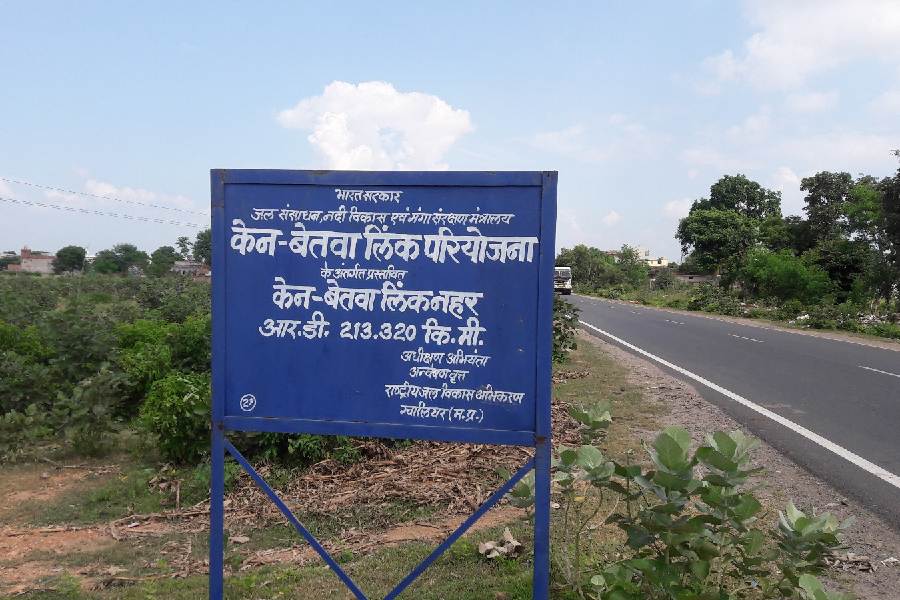The joke is on a surly ‘democratic’ India. The ‘retirement’ of Munawar Faruqui, a young, Muslim stand-up comedian whose shows have been repeatedly cancelled as a result of the custodians of law — the police in Bangalore being the latest example — caving in to pressure from right-wing groups, raises laughs about India’s claims of being a mature democracy that is able to laugh at its follies. Mr Faruqui had earlier been jailed on the basis of a complaint lodged by a convener of a right-wing outfit who alleged that the comedian had offended Indian deities — the Supreme Court had dismissed the charge as being specious after the lower courts had rejected his plea for bail. The Supreme Court’s summary dismissal of the allegations — was an arrest made for a joke that had not been cracked? — has deepened suspicions that Mr Faruqui’s persecution may have something to do with his religious identity rather than humour. Incidentally, New India’s war on comedy has had other victims: Vir Das, Kiku Sharda, Agrima Joshua, Kunal Kamra and many others have been subjected to censorship, ranging from intimidation, contempt cases, threats of violence and even jail terms.
This systematic targeting lays bare a fundamental problem. An authoritarian polity — there is little doubt that India has regressed to being one — finds comedy allergic. This is because throughout history humour and satire have retained elements of resistance against a totalitarian ethic. This, unsurprisingly, has led to governments, including elected dispensations, committing transgressions. In fact, the right-wing’s campaign against comedians — it threatens their livelihood — cannot be delinked from India’s deterioration on such registers as civil liberties, press freedom and the freedom of speech. It is a pity that a government that claims monopoly on valour does not have the courage to stomach a few jibes. Legal protection for performers is necessary. But more needs to be done. Technological innovations and a post-pandemic ambience have led to the rediscovery of the therapeutic value of humour. There is even a lucrative market for such performances. The resistance to the encroachment by vigilantes into this space must, therefore, come from the patrons — consumers and businesses — of this art.











